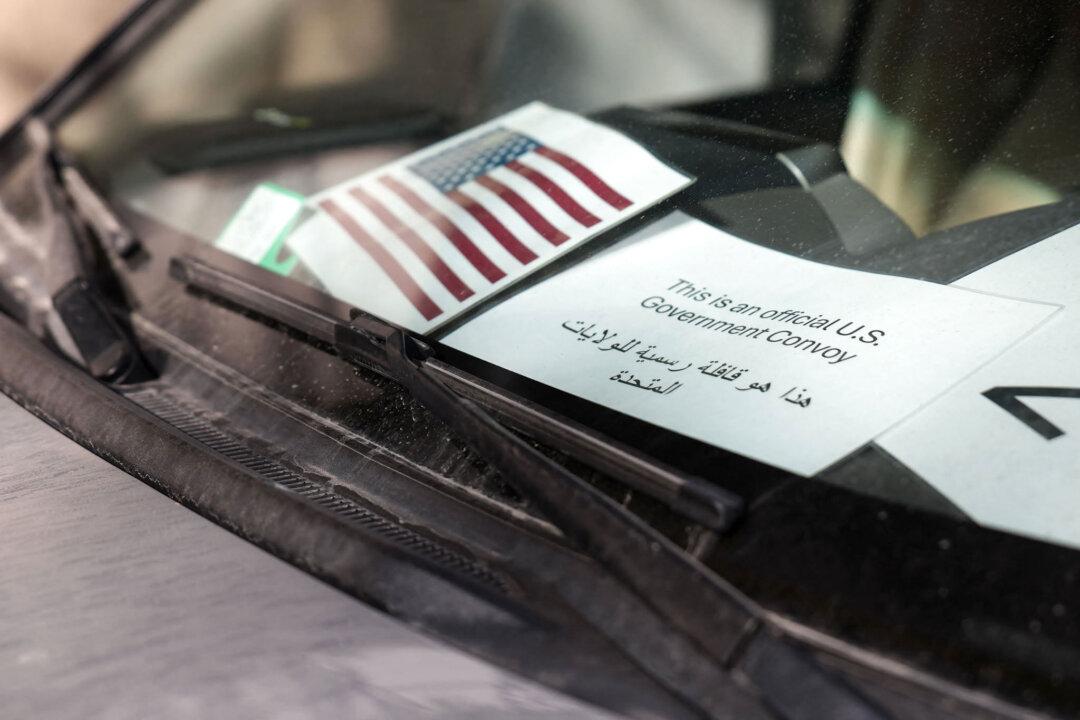Several senior U.S. diplomats are visiting Damascus on Friday to meet with Syria’s new rulers, 12 days after President Bashar al-Assad was ousted and forced to seek sanctuary in Russia.
The U.S. State Department’s most senior diplomat in the Middle East, Barbara Leaf, is joined on the trip by Roger Carstens, the presidential envoy for hostage affairs, and Daniel Rubinstein, a senior adviser overseeing the department’s Syrian engagement.





